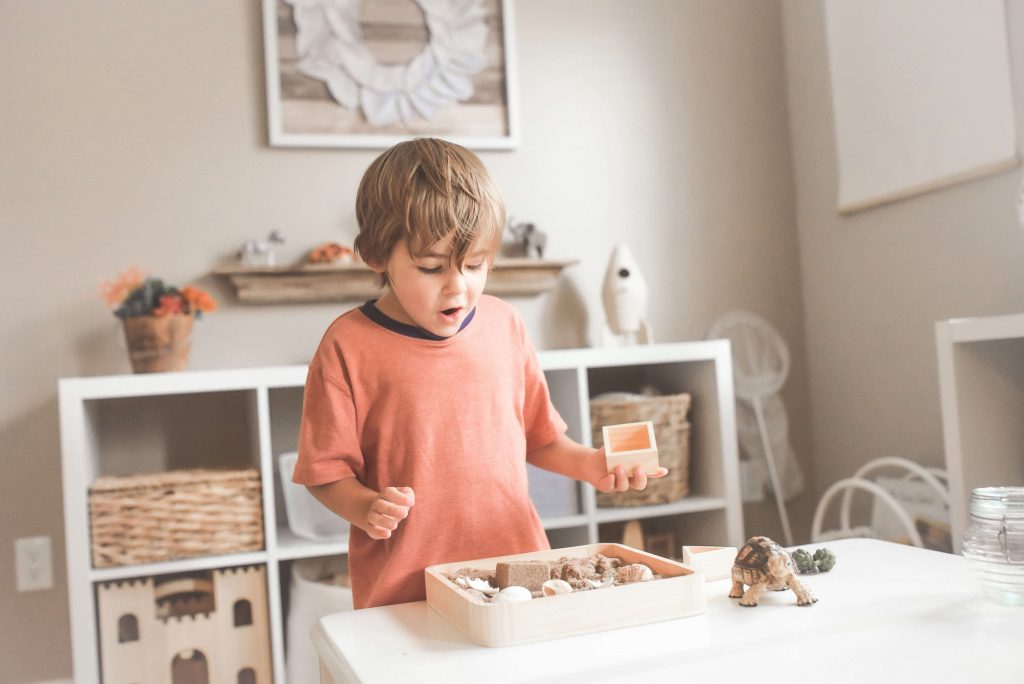
Play is not just a pastime for kids, it’s a serious business when it comes to learning and development. In a world where academic performance is emphasized, play-based learning emerges as an effective alternative. It complements traditional learning but also fosters vital life skills. For parents, educators, and child development experts who advocate for holistic education, the value of play cannot be overlooked. In this blog post, we’ll explore the undeniable benefits of play-based learning, supported by compelling research and heartwarming real-life examples.
Creativity and Imagination Take Flight
Imagine a classroom where imagination roams free and creativity rules. This is the essence of play-based learning. It grants children the license to explore, invent, and ask ‘what if’ without fear of failure. Through imaginative play, they craft worlds without limits and solutions without scripts. Creativity, in this sense, becomes as natural to them as breathing.
The Social and Emotional Classroom
Learning isn’t just about the intellect; it’s deeply social and emotional. Play-based environments encourage children to interact, share experiences, and grow together. They learn the subtleties of human interaction in an atmosphere of fun and camaraderie. These include taking turns, empathizing with others, and navigating conflicts.
Problem-Solving Through Play
The sandbox might just be the first step to becoming a great problem-solver. When kids engage in play, they’re often presented with challenges that require critical thinking and innovation. Play is a safe and supportive arena for effective decision-making and persistence.
Research that Speaks Volumes
When it comes to advocating for play-based learning, there’s robust research that backs up its effectiveness. Studies like those from Lillard and Lerner (2013) demonstrate that children in play-focused educational settings showcase more advanced cognitive skills than their counterparts in traditional learning environments. The American Academy of Pediatrics (2012) also recognizes the multifaceted role of play in a child’s life, promoting it as a vital component for holistic development.
Furthermore, as indicated by Pellegrini and Holmes (2006), play has a profound impact on social competencies, playing a critical role in teaching children how to be members of their social world.
Stories from the Heart
Beyond academic studies, the stories that resonate most come from real experiences. Like the shy child whose first step into a play-based classroom marked the beginning of a transformation into a confident conversationalist. Or, the once solitary learners who blossomed into empathetic, collaborative individuals, all thanks to the power of play at the corner of their classroom.
At home, parents witness how seemingly simple activities like stacking blocks or acting out stories can lead to dramatic leaps in their children’s problem-solving abilities. They see firsthand how play paves the way for kids to approach challenges with creativity and resilience.
Conclusion
For parents and educators dedicated to fostering holistic development in children, the indispensable role of play in growth and learning is unmistakable. Through play-based learning, we cultivate not only academic proficiency but also emotional intelligence, social skills, and creativity, laying the foundation for a well-rounded and resilient generation. Acknowledging the potential risks associated with excessive screen time, which may impede developmental and communication skills, it becomes paramount to guide children towards activities that promote hands-on engagement and interaction. Here, Troomi Phones offer a solution, providing children with essential phone features while mitigating the harmful effects of traditional smartphones, thereby ensuring a balanced approach to technology use and facilitating their journey towards success in life.
Interested in learning more? Click here
